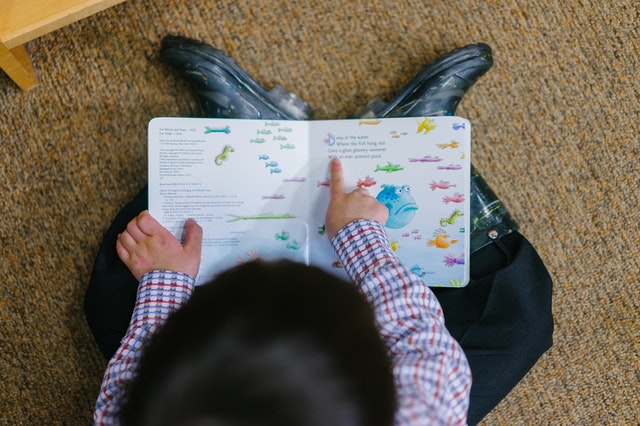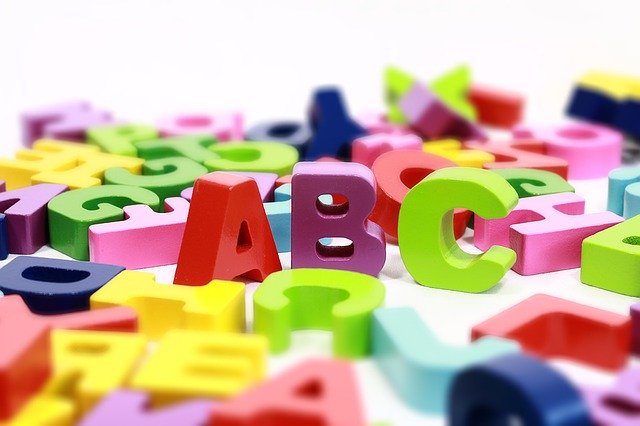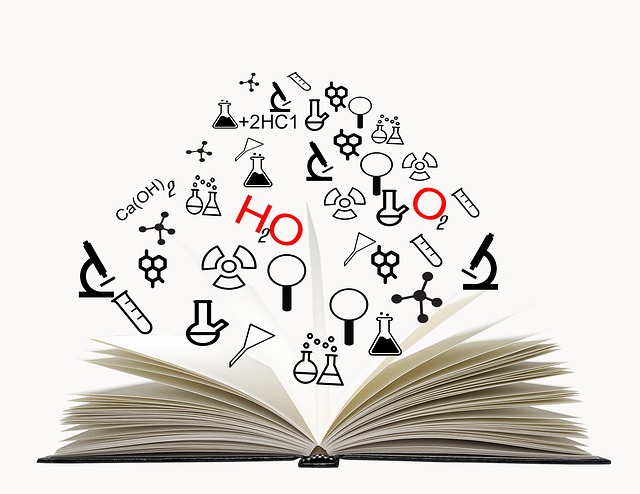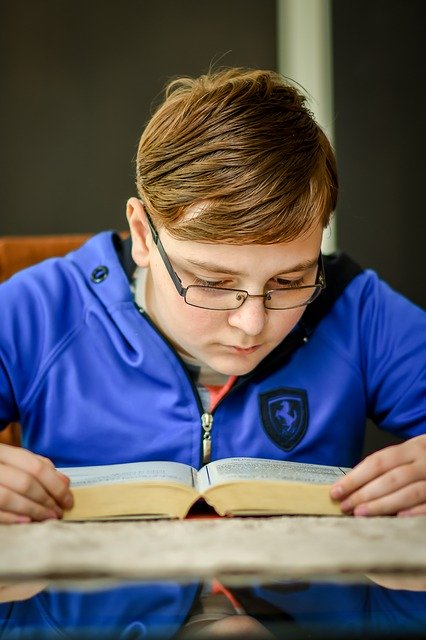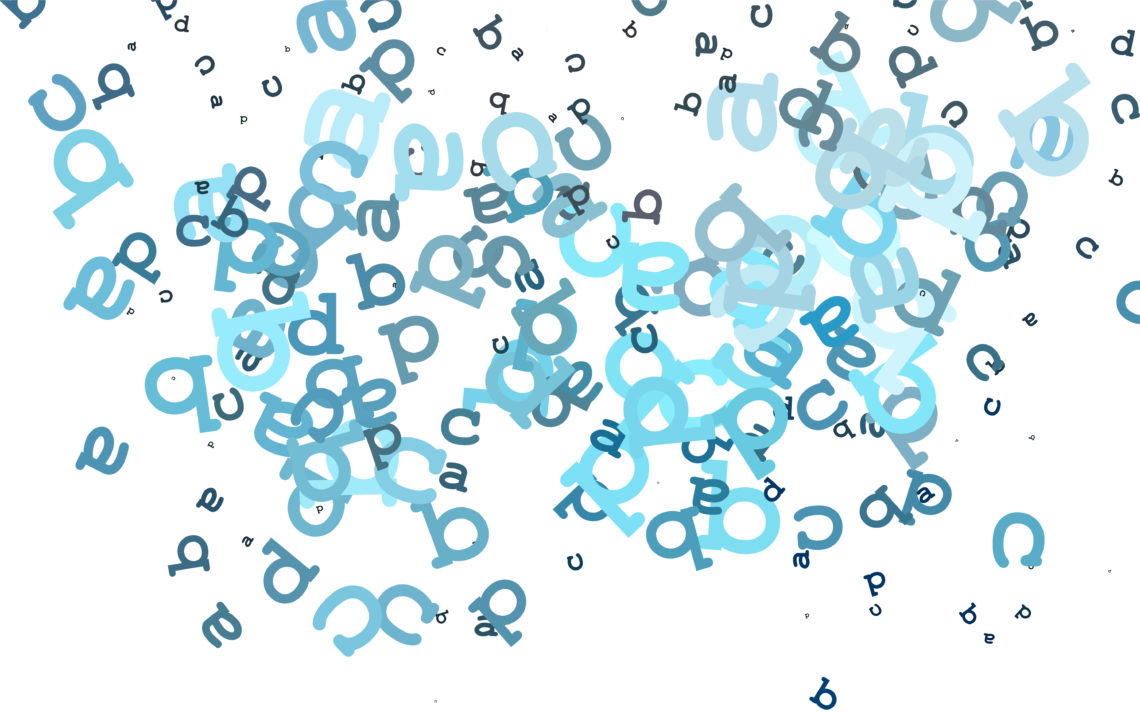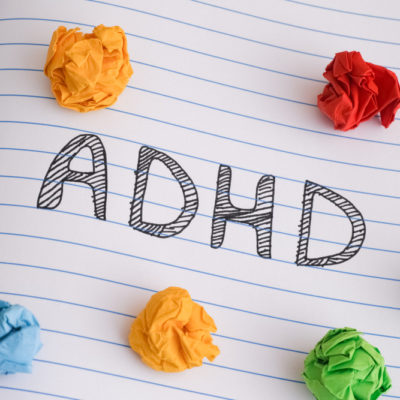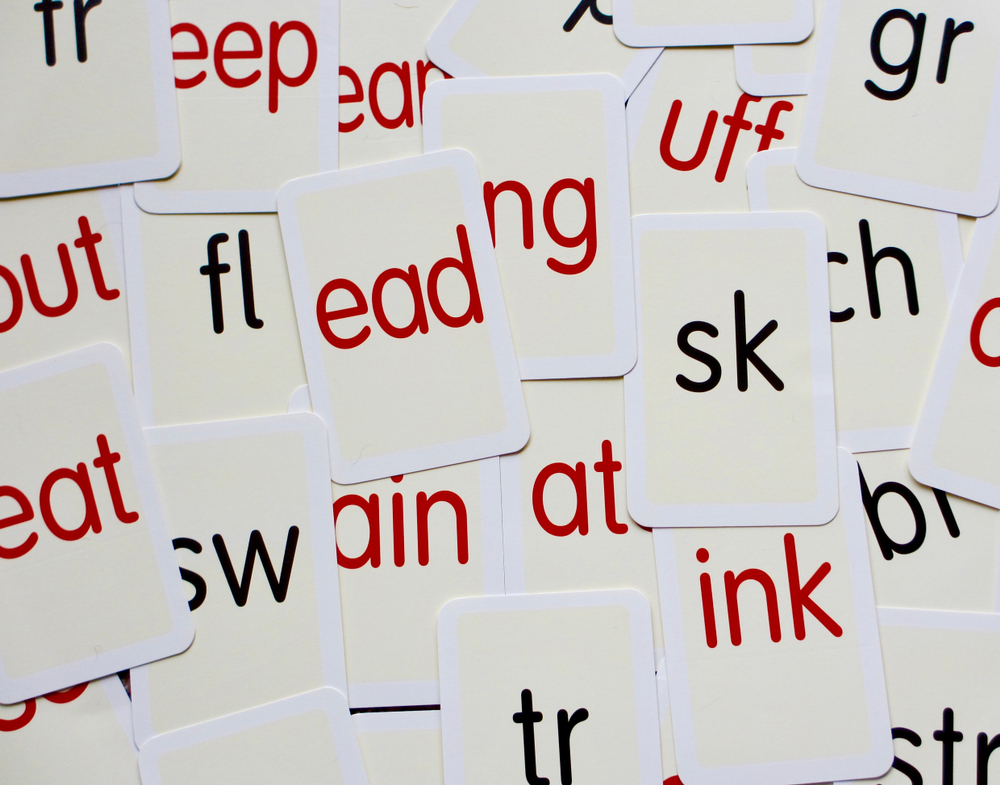I just finished reading Anthony Pedriana’s Leaving Johnny Behind, an enormously important and under-appreciated book that I discovered by chance, thanks to a post on Facebook. (Social media certainly does serve a purpose other than being a black hole of procrastination from time to time!) The author is a retired teacher and principal who, quite by chance, found himself at the center of the reading wars: in an attempt to boost the reading performance of a class that was falling behind, Pedriana went against everything he had been taught and permitted one of the teachers in his school to implement a scripted reading program for a single short lesson each day.…
-
-
Boys Are Falling Behind in Reading Worldwide
The following article was written by Valerie Erde of Veridian Prep and is cross-posted from that website. Houston, we have a problem. Our boys and young men are falling behind generally in educational attainment. In fact, worldwide, women are enrolling in college and universities at much higher rates, are achieving higher grades in college, and completing degrees at higher rates than their male peers. One explanation for this disparity is that between the ages of 15-24, boys especially lag their female peers in reading and writing skills – skills necessary for strong performance in high school courses, on standardized tests, and in more rigorous college-level work. If you’re thinking “oh,…
-
Put a Finger on It! How Finger-Tracking Can Help Improve Children’s Reading
As adults, we tend to take a lot of things about reading for granted. For example, it’s obvious to us when book cover belongs in the front vs. the back. And everyone knows that English text is read from top to bottom and from left to right. What we forget, however, is that children don’t come into the world automatically knowing these things; they have to be taught, either indirectly (from observing adults and older children read) or directly (from being taught by a caregiver or a teacher). Even if children understand these aspects of reading well before they begin school, the actual act of turning squiggles on a page…
-
Phonology, Phonemes, and Phonics
Phonology Phonology is the system of speech sounds that make up a language. Phonological awareness is the ability to recognize and distinguish between sounds in a language. It involves hearing only. It allows people to do the following: Count words in a sentence Count syllables in a word Identify rhymes Identify the sounds in a word Manipulate sounds (e.g., replace the “g” in got with an “n”). Phonological awareness has different levels. For example, counting the words in a sentence and identifying rhymes requires a lower level of phonological awareness, whereas counting the syllables in a word requires a higher level. Identifying sounds in a word and manipulating (adding to or deleting) those sounds…
-
The Science of Reading: 5 Key Concepts
The Science of Reading has been in the news a lot recently, and not surprisingly, many people (including a lot of teachers) find the sheer amount of information it involves overwhelming. So, the basics: the Science of Reading is not a movement or a belief system. It is a vast body of research based on hundreds of studies conducted by dozens of researchers over many decades, and involving fields in the social and hard sciences such as psychology, linguistics, and neuroscience. While researchers still have questions about the exact processes by which skilled reading develops, a sufficient number of studies have produced similar results to allow them to conclude that…
-
10 Signs of a Decoding Problem
Written English is a code in which letters and groups of letters are used to stand for sounds, and to be able to read, children must learn to break it—literally, to de-code it. Although skilled reading involves many factors, decoding ability is the foundation on which it rests; after all, it is impossible to pay attention to meaning unless one knows what the words say! The following list is intended to indicate some key warnings signs that may indicate a decoding problem. It is not, however, intended to be used a source for any particular diagnosis. Keep in mind that children learn to read at varying rates, and that some…
-
What Does It Mean to Be “Phonetic”?
One of the most common justifications for not teaching reading as a code in which letters correspond to sounds is that written English contains too many exceptions, and that attempting to teach them all will only lead to confusion. In reality, however, the vast majority of English words are spelled phonetically (50%) or contain only one irregular sound, usually a vowel (36%). (Research also indicates that children can often infer the identities of many common words with slightly irregular misspellings.) I recently posted these statistics on Facebook and received a predictably snarky response of “How many perfectly phonetic words are in this post?” as if the point of the post…
-
The Chaos Curriculum and Learning Disabilities
A couple of weeks ago, I was talking to a colleague who teaches high school, and she told me about a recent incident that had left her thinking. One of her students was enrolled in a dance class (in-school) that was holding an open house, and the student invited my colleague to attend. As my colleague watched the class, she became aware that the atmosphere was one of calm and focus. The students were disciplined and respectful, yet the teacher and students seemed relaxed, and the students were clearly enjoying the class. My colleague was struck by the contrast between that atmosphere and the far more tense atmosphere of her own academic…
-
Names, Places, and… Phonics
For as long as I can remember, people have mangled my last name: “Metzler”, “Metzer,” “Metzger,” “Meltzler”… I’ve gotten them all. And if they don’t want to mispronounce it, they usually ask me to say it for them—an understandable request, but also one that always struck me as a little odd because “Meltzer” (MELT-zer) is perfectly phonetic. The question of stressed syllables aside, there is only one way it could be pronounced. Curiously, I never thought about the connection between this phenomenon and phonics until very recently (yesterday, to be exact), but now that the thought has wormed its way into my brain, I’m convinced there’s something there. Not long…
-
Why I Care So Much About Phonics
In 2009, I was a twenty-something who had recently left an administrative job at Columbia to tutor full-time. I hadn’t set out to focus on English—my B.A. is in French, the subject I started out tutoring—but I eventually realized that adding English to my repertoire would open up a lot more job opportunities. Sure enough, that’s what people mostly hired me for; and since most of my students were in high school, I inevitably ended up doing a lot of SAT prep. The more I tutored, the fewer skills I realized I could take for granted in my students, but one day I found myself working with a girl whose…


